Hectare urbain

Hectare urbain is an urban agriculture project coordinated by HEC Montréal’s Sustainable Transition Office. The project aims to raise community awareness of the importance of preserving biodiversity and making responsible choices.
A permaculture project
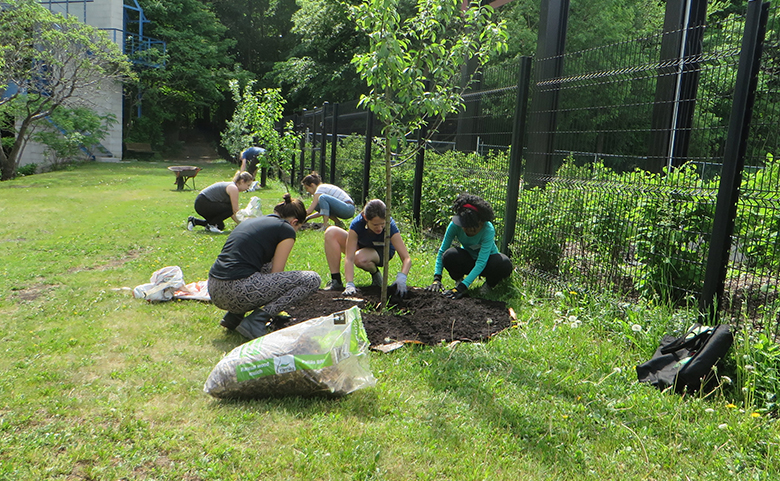
The idea behind permaculture is to strengthen the interactions observed in the natural environment in order to maintain and develop the functions of a robust ecosystem.
“Permaculture is a design science rooted in the observation of natural systems. The principles of permaculture teach us how to design ways of living that have the stability and resiliency of natural systems… It strives for a sustainable agricultural production that is energy efficient and respectful of living beings and their reciprocal relations, while leaving nature as much space as possible.”
Our objectives
- To raise community awareness and preserve biodiversity: We focus on improving the diversity of plant species to help pollinators stay healthy, as well as on protecting fauna and flora and reducing heat islands.
- To develop a sustainable and inspiring collective project in order to prove that the leaders of tomorrow are able to build a responsible society: Our academic community helps society develop sustainable solutions and make informed economic and environmental decisions.
- To conduct action research in a real-life lab developed by the student community with support from our specialists and partners.
- To promote the social economy models taught at HEC Montréal.
- To create a living environment and a sharing community: Hectare urbain has a social purpose. Our community can use this space to think about food-related questions, as well as about societal habits and production and distribution practices.
- To provide education, training and outreach activities in elementary and secondary schools: An intergenerational dialogue promotes peer-to-peer knowledge exchanges.
Some of our action areas
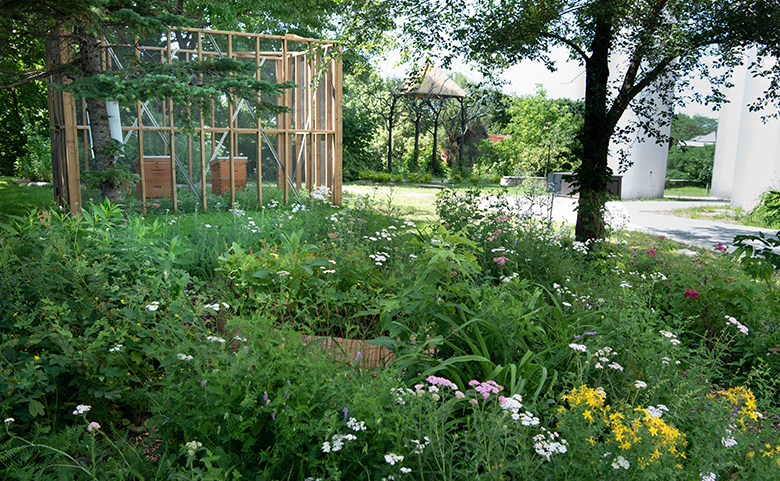
The layout of the west path on HEC Montréal’s campus gave rise to a honey-producing forest. This layout was inspired by permaculture principles. The goal is to preserve, highlight and improve biodiversity and to create a place for exchanging, learning and conducting action research.
- The urban forest project was developed with support from the student community and School staff. The forest includes an herb spiral, several connected groves, two seed farms and around 20 fruit trees.
- The goal is to leverage Mount Royal’s rustic areas to promote diversity and highlight heritage species, which are more rare or unusual in the local urban landscape.
- Several areas with nectar-source plants provide a welcoming environment to native pollinators.
- Seven recovered plant layers strengthen interactions between fauna and flora to maintain and develop the ecosystem’s functions.
.
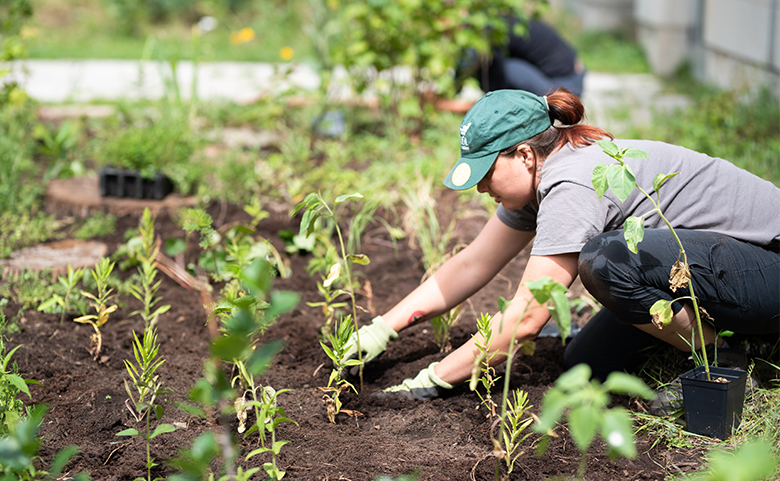
This component helps the community learn about and reuse native seeds. It raises public awareness of soil erosion and the diversity of plant genetics, and provides access to the region’s unknown plant heritage. Food diversity, which is a key factor to adapt our food system to climate change, has unfortunately decreased over the past few decades.
.
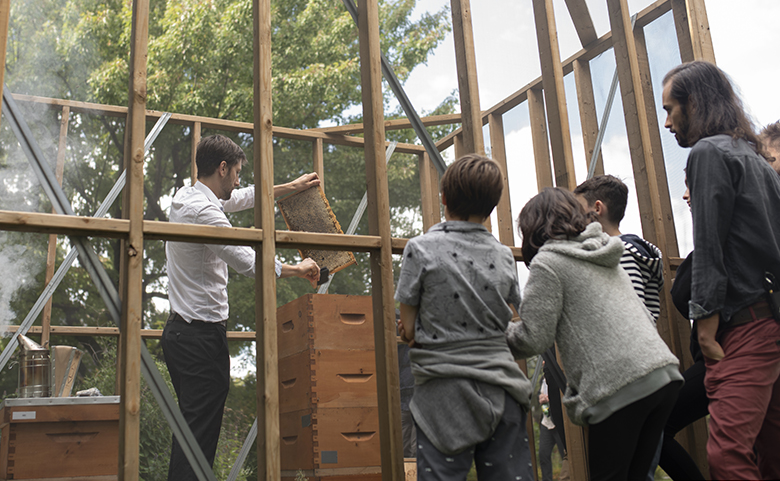
Interested in joining the project?
Volunteering: Find a role that inspires you
- Maintaining the vegetable garden and densifying the forest garden
- Preparing and hosting workshops and events to raise project visibility
- Raising peer awareness of urban agriculture, permaculture and biodiversity
- Developing and implementing financial perpetuation strategies
Hectare urbain is managed by an executive committee composed of volunteers, staff and members of the student and alumni communities. The committee’s work aims to encourage people to take part in the project, ensure its financial perpetuity and exchange and share knowledge and ideas.
To participate, email ddurable@hec.ca
HECtare urbain’s friends:
A key collaboration
The project thrived thanks to its volunteers, partners and donors.
- Corporate partners
- Students, faculty and staff
- Community members who care deeply about our mission
Do you want to join them? Email ddurable@hec.ca
Do you want to make a donation? Choose the option “Sustainability initiatives Fund” in the online donation form.
Hectare urbain project managers would like to thank their partners and founders, without whom the project would not have been possible. In particular, they would like to highlight the role of Jacques Fortin, Johanne Turbide, Émilie Nolet, Karine Navilys, Jean-Michel Champagne and Nadia Ponce-Morales.
Accreditations
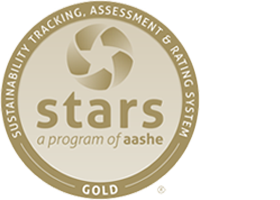
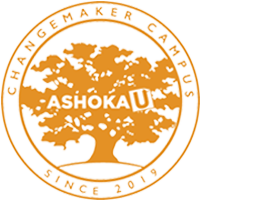
.
To contact the Sustainable Transition Office
Sustainable Transition Office
Côte-Sainte-Catherine building
3000, chemin de la Côte-Sainte-Catherine
Office 3.870 (see floor plan)
Montréal (Quebec) Canada
H3T 2A7
